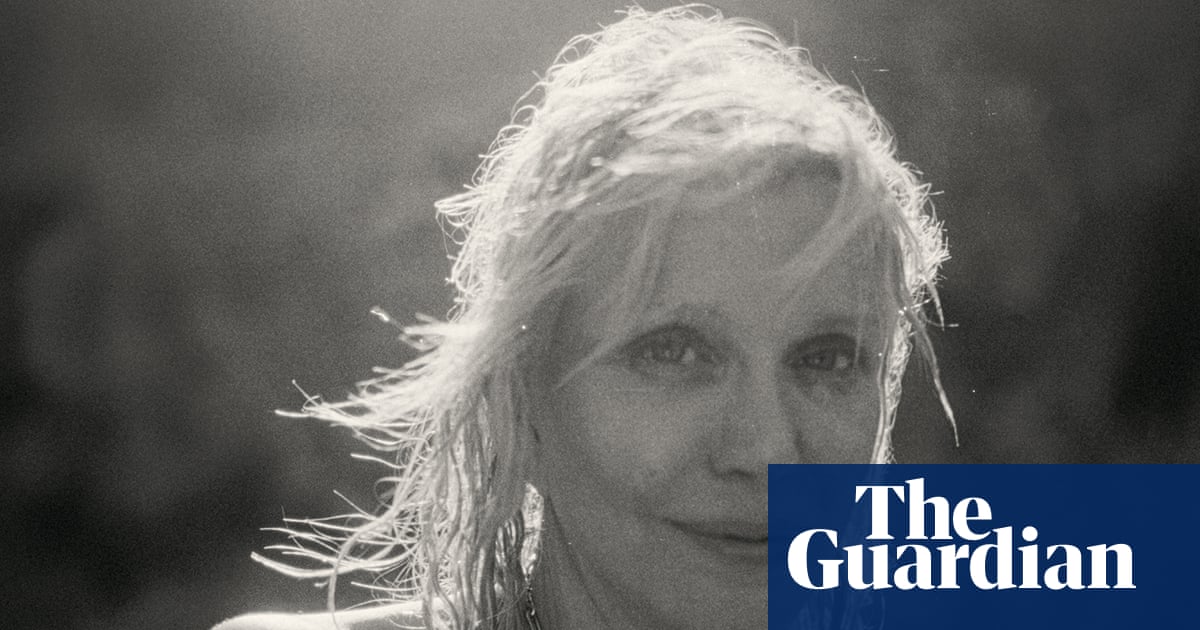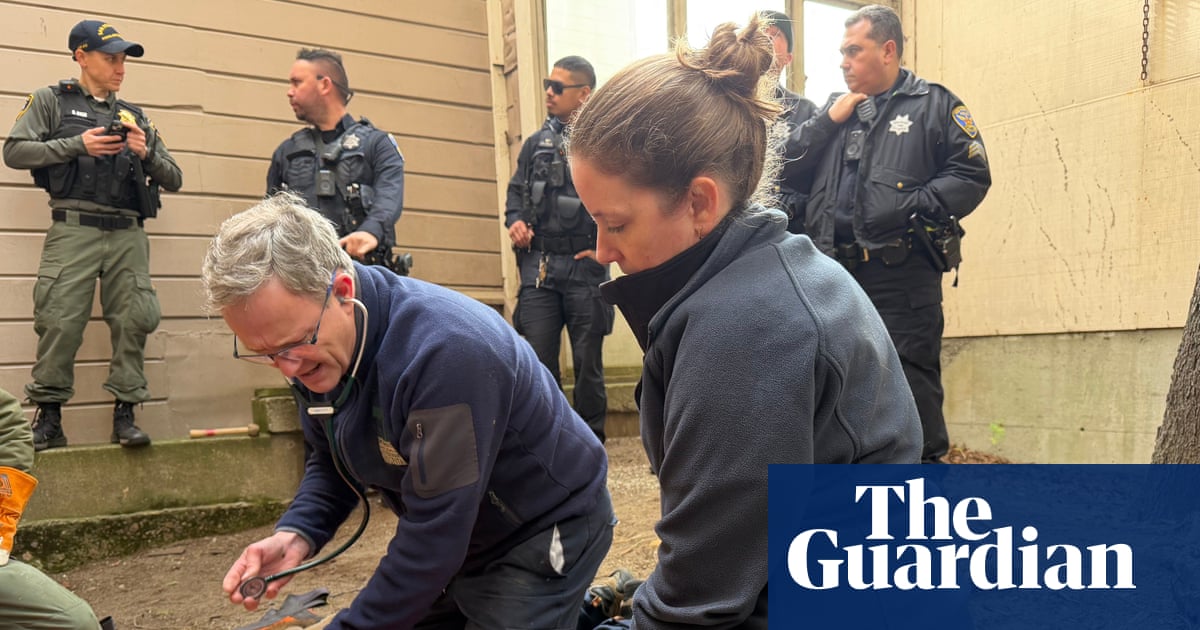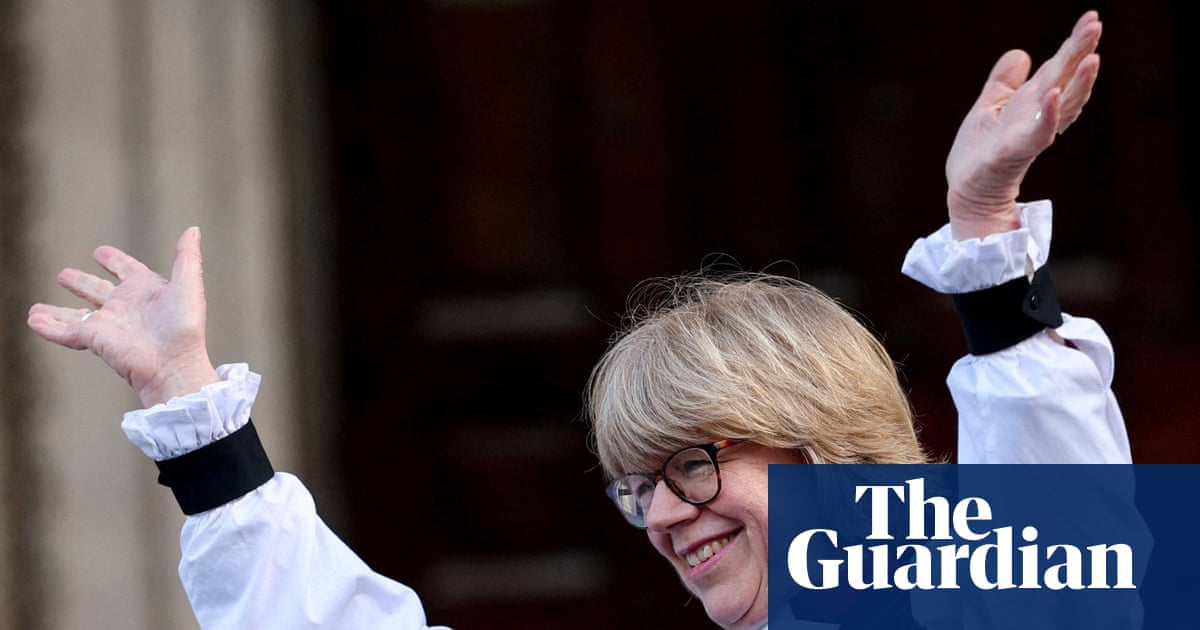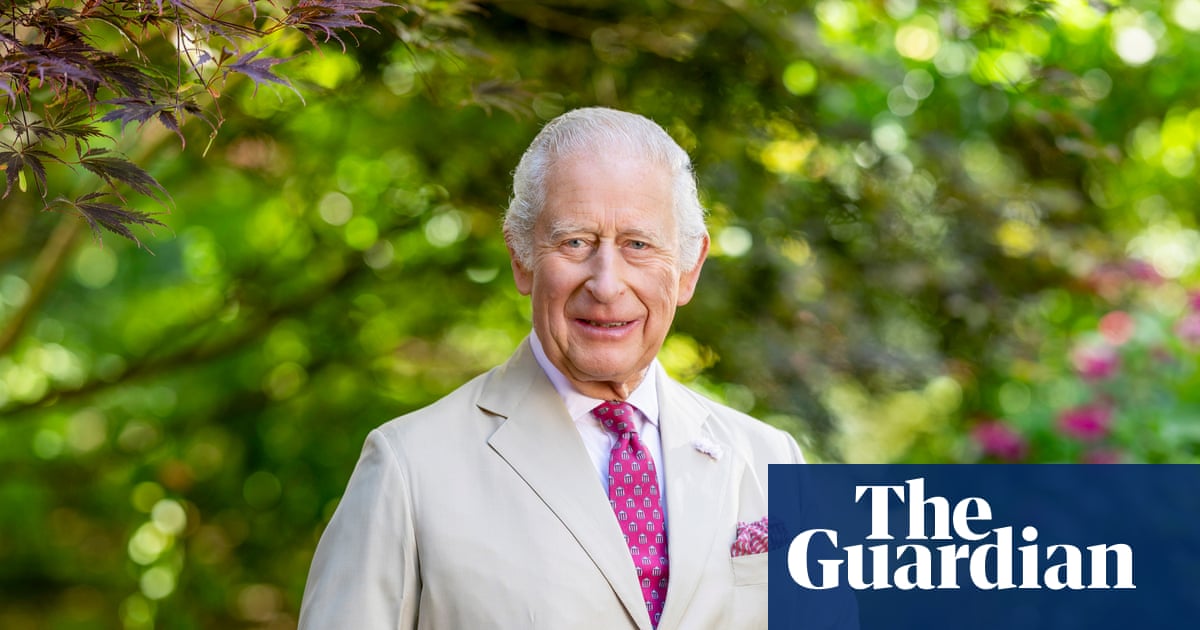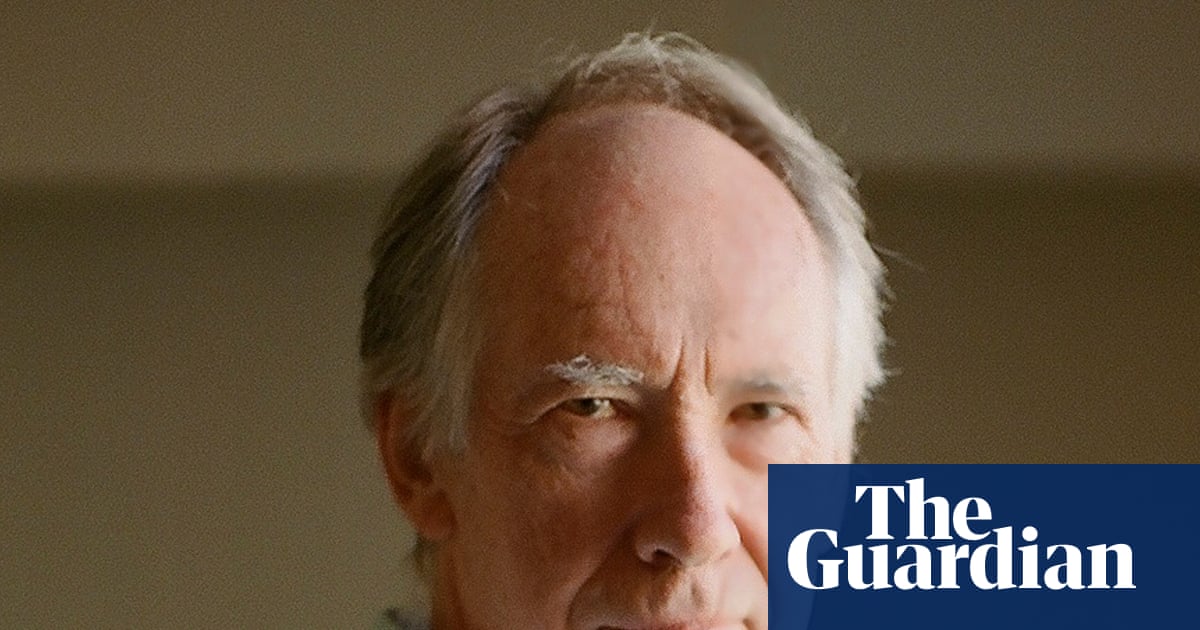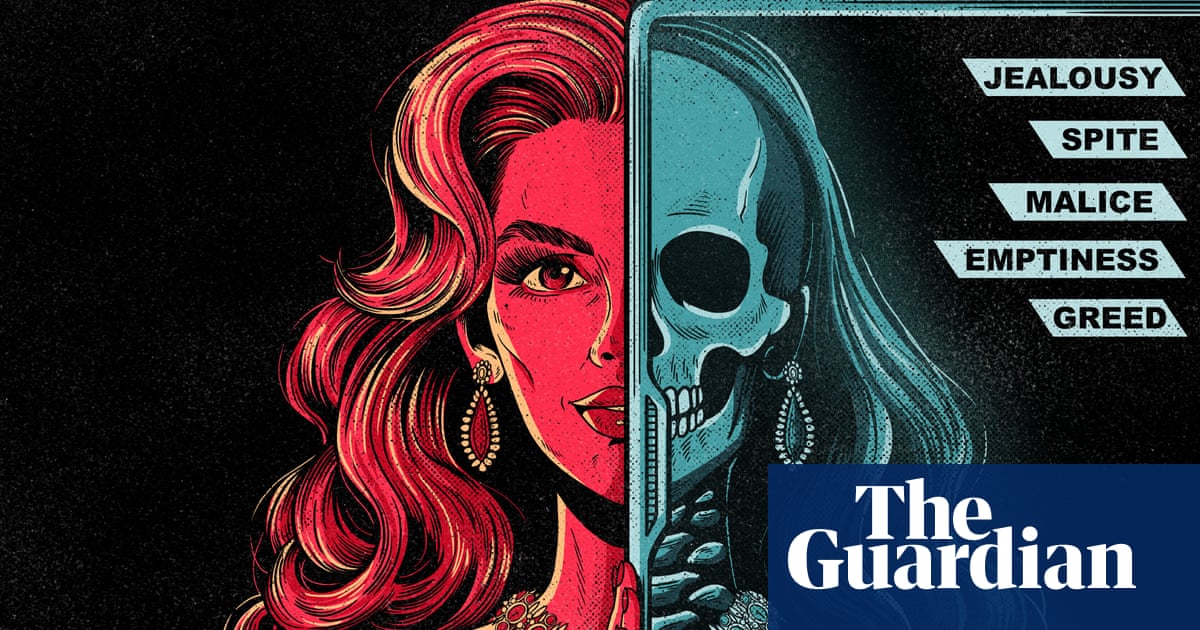In June 1977, Roberto Rossellini died suddenly of a heart attack, home in Rome, less than a week after serving as jury president of the Cannes film festival. The director’s daughter Isabella – the fourth of his seven children – was then in her mid 20s. She remembers her mother, Ingrid Bergman, saying: “Dad left us quickly, just as quickly as he drove his Ferrari.”
The story of Roberto’s last two decades is told in Living Without a Script, a new archive-based documentary, which premieres this week in Rome. While the film serves as a reminder of its subject’s status as one of the greats of world cinema – the key figure in postwar Italian neorealism – it also shows his life beyond movies.
In the film, the director seems perpetually on the move: racing cars, studying biology and physics, and experimenting with TV – a medium that he embraced (unlike most of his contemporaries).
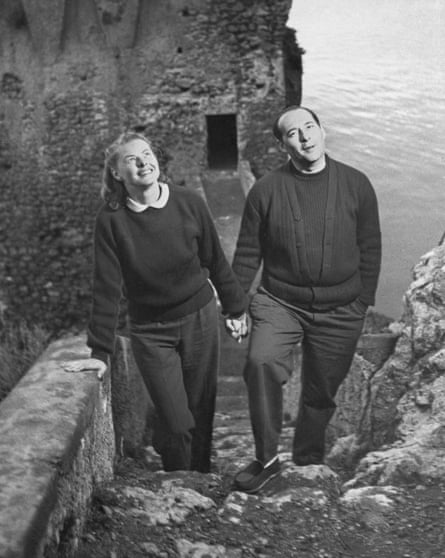
Isabella is speaking to me on a video call from her farm in Long Island, NY, with her golden retriever, Rosie, making the occasional appearance on screen. In person – as in the press, on the podium, or on social media – Isabella is warm, open and unguarded. Such candour feels all the more surprising given the harrowing intrusions into their personal lives that her family have endured – and the new film underlines.
“When my parents got together, they were married to other people and so that created a very big scandal,” says Isabella, on a video call from Long Island, New York. “My mum was a Hollywood star but not an American citizen, and she was not allowed back to America.” This statement is matter-of-fact, as if Bergman’s horrendous shaming and exile were simply a visa hiccup. In fact, Isabella’s parents’ relationship was a major tabloid event of the mid-20th century. They first met after she wrote to him in 1948, praising his film Open City and asking if he might consider working with her, citing her linguistic skills in an attempt to persuade him. “If you need a Swedish actress who speaks English very well,” she wrote, “who has not forgotten her German, who is not very understandable in French, and who in Italian knows only ti amo, I am ready to come and make a film with you.”
Both married (with children) at the time, he to a costume designer and she to a neurosurgeon, they began an affair on the set of Stromboli terra di Dio (1950) and she fell pregnant with their first child, Robin.
While extramarital relationships were perceived as fairly de rigueur for male European directors approaching 50, they were considered beyond the pale for a female star whose impeccable public image was cast in Casablanca in 1942, and Joan of Arc (1948). “I’m just a woman, another human being,” said Bergman of the outcry, which saw her shunned by studios and even trashed in the US senate, when the Colorado senator Edwin C Johnson took to the floor and proposed a bill where movies would be licensed based on the perceived morality of their stars.
Bergman “had perpetrated an assault upon the institution of marriage”, said Johnson in an emotional address. He added that Bergman – who had formerly been his favourite actor – was a “vile free-love cultist” and “a powerful influence for evil”. Bergman remained in Europe for much of the next decade, giving birth to Isabella and her twin sister, Isotta, in 1952, while being barred from seeing her first child, Pia, after an unpleasant custody battle with her former husband, Petter Lindström.
The film picks up the story around this time. We see home movie footage of the toddler girls playing at home, as their father struggles with his own legacy and career in the wake of the scandal.

“I want to leave and never come back,” he said at the time. “Cinema as it is now no longer interests me.” The critics, once so rapturous, had soured on his work. Many of the movies he and Bergman made together were either excoriated or ignored.
In 1956, he went on a solo trip to India, from where he wrote colourful letters to his daughters. “I met a gentleman known as the Dalai Lama,” he wrote in one. “I also became friends with another gentleman. He is called Nehru. He is in charge here. We flew in his airplane and we passed over forests where wild elephants and tigers live.”
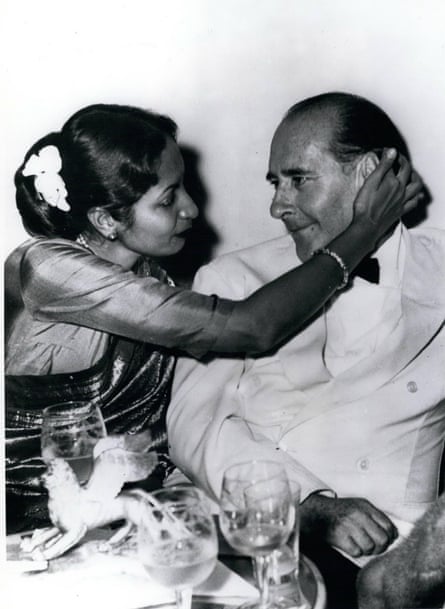
He and Bergman separated in 1957, after Roberto, then 51, had an affair with the 27-year-old screenwriter Sonali Dasgupta, with whom he had a daughter. He also adopted her young son. Roberto was asked to leave India by Nehru – who had initially invited him.
Isabella scotches any idea that her father was absent or neglectful during her childhood. In the summer holidays, he would rent a house on the Amalfi Coast, where everyone would converge, and despite ongoing animus from audiences and the press, the various children all got along. “I never really felt the difference between a full brother and a half-brother. When we had to resume school, we would all go back to the houses where the mothers were but, in the holidays, we were all together.”
Domestic arrangements, however, sounded complex, with Bergman and Roberto’s three children – then aged eight and six – living in their own apartment with a babysitter and a housekeeper, and visits from each parent. “Mama would come and sleep with us,” says Isabella, “but would also go back to Paris where she was remarried. Father lived nearby with his new wife.”
Nonetheless, Isabella stresses the “constant presence” of her father, whose fame was a surprise to his child. “At the beginning, when I was little,” she says, “I thought everybody was famous just by virtue of being a parent. Then I realised that my parents were recognised by people they didn’t know, while my friends’ parents were not recognised. It was a gradual understanding.”
Likewise her appreciation of their work in cinema. Affected by his disillusion with the film business, and struggling to source copies, she didn’t see any of her father’s films until she was 16, when she snuck off to a Roberto retrospective in Rome. “I went every afternoon to see my father’s films but I didn’t tell him. Father was always complaining about festivals, interviews, promoting films and red carpets – that kind of circus. He felt annoyed with fans and all that. So when I went to see his films, I did it secretly.”
When she finally told him, “I remember his face crumbling and the tears in his eyes. He was actually very moved.” Since then, she’s steeped herself in his work, and is particularly fond of Journey to Italy, with Ingrid Bergman and George Sanders as a bickering English couple on holiday.
“It was a modern and more complicated way to show a married couple with this cruelty that isn’t overt,” she says. “One of the most moving scenes for me is when my mother goes to Pompeii like a tourist, but then, when she sees the ancient couple buried in the volcano ashes she bursts into tears because she sees love and she sees death.”
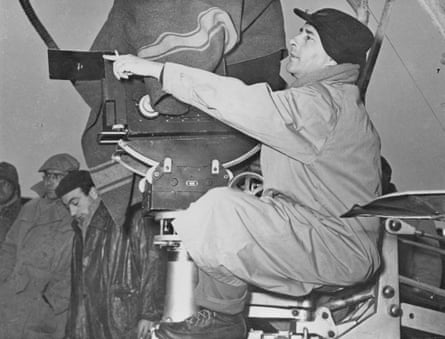
Isabella remembers how the film was disapproved of on its release in 1955 (the New York Times didn’t bother to review it.). Through their brief marriage, Roberto was sceptical when Bergman received overtures of work from other directors, and largely dissuaded her from working with anyone but him. She later wrote that she never forgave him for this, but Isabella defends her father, saying his advice was motivated by a desire to protect. “He didn’t want to deal again with America,” she says. “Also, they were afraid. There was McCarthyism; they had death threats.” Plus, “they had three children and five films. So they were quite busy.”
When Roberto left for India, Bergman took the leading role in Anastasia (1957), which was shot in London and acted as a gateway movie for her return to the US – especially when it won her an Oscar. “I think to a certain extent, father was hurt,” says Isabella. “Of course, he recognised mother’s talent but, to a certain extent, her going back to Hollywood was saying: I made a mistake, I don’t want to deal with Roberto.”
The new documentary has been meticulously researched, uncovering reams of unpublished letters by Bergman and Roberto. We learn how late in his life Roberto embraced the student rebellions of the late 1960s, and also of his friendship with François Truffaut and mentorship of David Lynch at the film school in Rome where he taught.
Isabella’s career is enjoying a renaissance, too: with an Oscar nomination for her role in Edward Berger’s Conclave earlier this year, and a high-profile role opposite Joan Collins in a forthcoming Wallis Simpson biopic. She has also directed short films, including Green Porno, about the sex lives of insects, and she’s currently planning “a new series of my film on domestic animals. But, like every director, I am always looking for funds, begging for money.”
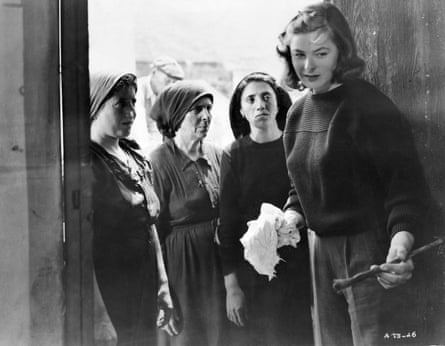
Meanwhile, she’s happy on her farm, surrounded by assorted rescue animals, and training guide dogs – informed by a postgraduate degree in ethology. That interest was itself inspired by Konrad Lorenz’s 1949 book, King Solomon’s Ring, about humans communicating with animals.
Her father gave her this book. “I remember saying this is what I would do when I grew up,” she says. “He knew it was my passion.” Her going into the family business instead was simply a consequence of there being no ethology courses in Italy when she left school.
It wasn’t until her late 50s, when her screen career seemed to be faltering, that she returned to ethology. “I felt very marginalised,” she says. “And then my father came to mind, and his advice: ‘If you follow your curiosity, you always find joy.’” She smiles, and says it’s the best advice she ever received.

 3 months ago
63
3 months ago
63

